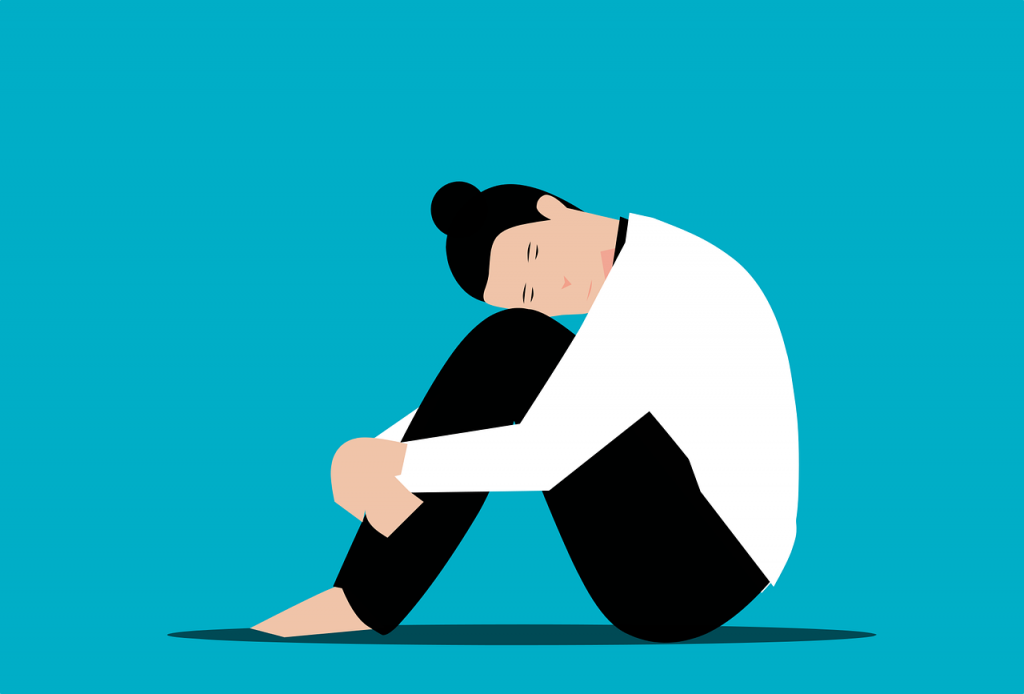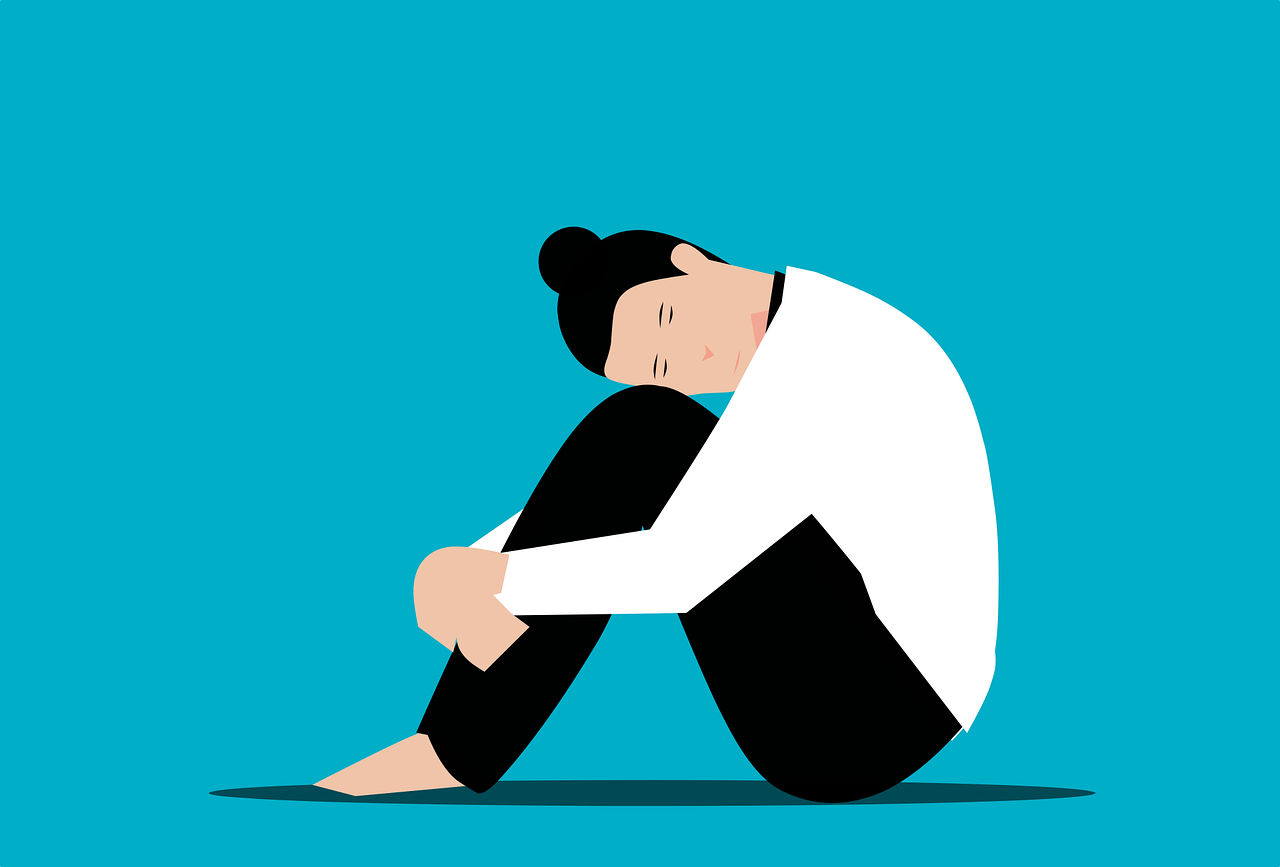What is Adjustment Disorder
Changes occur in everyone’s life, whether they are positive or negative, and taking the changes in our stride and adjusting ourselves to them is what life teaches us. It’s when the body fails to accept the change and make the necessary adjustments, problems start creeping in. Adjustment Disorder is one such mental illness that affects individuals who are unable to cope with certain important or stressful life events (or stressors) such as moving to a new place, the birth of a child, marriage, a new career, the death of a loved one, etc. Usually, one takes a few days or weeks to adjust to the new situation but if there are behavioral or mood changes more than 3 months after the onset of the stressor situation, it is very likely to be an adjustment disorder. Also, the symptoms may last for up to 6 months after the stressful event has ended. However, in the case of chronic adjustment disorder, the symptoms can continue beyond 6 months if the stressor continues as in the case of marital discord, chronic illness, unemployment, etc.

In Adjustment Disorder, the reaction to the stressful event is out of proportion to the severity of the situation and also, affects the normal, day-to-day functioning of the body. It is an exaggerated form of grief or nervousness in a situation. Based on the associated symptoms, adjustment disorders are of the following subtypes:
- Adjustment Disorder with depressed mood: Symptoms of depression such as sadness, crying, loss of interest in fun activities, etc are prominent.
- Adjustment Disorder with anxiety: Anxiety, nervousness, and excessive worry about trivial issues are found in such patients. Separation anxiety is one major example of such a diagnosis.
- Adjustment Disorder with mixed anxiety and depressed mood: In this, both anxiety and depressive symptoms are present.
- Adjustment Disorder with disturbance of conduct: Behavioural symptoms such as aggressiveness, rebelliousness, frequent fights, rash driving, and destroying property are predominant.
- Adjustment Disorder with mixed disturbance of conduct and emotions: The symptoms are a combination of depression, anxiety as well as disturbance of conduct.
- Adjustment Disorder Unspecified: For symptoms other than the above-mentioned subtypes.
Risk factors of Adjustment Disorder
The factors that make one more susceptible to Adjustment disorder include:
- Past history of a mental illness
- Past history of mental stress or trauma
- Other pre-existing psychological illness
- Mild, sensitive temperaments that make one more vulnerable to stress.
- Lack of emotional support
Symptoms of Adjustment Disorder
In addition to the symptoms associated with the specific subtype, the following symptoms may also be present:
- Loss of appetite
- Lack of sleep
- Suicidal thoughts
- Social withdrawal
- Difficulty performing daily activities
- Poor concentration
Diagnosis of Adjustment Disorder
A psychological assessment and interview with complete medical and personal history help in making the diagnosis.
Treatment of Adjustment Disorder
Psychotherapy is the preferred choice of treatment that provides emotional support through various talk sessions with the patient. The sessions could be one-to-one or in a group depending on the patient. Cognitive Behavioural Therapy (CBT) is also, useful to manage behavioral issues and enhance problem-solving skills. Other therapies to calm the mind such as Music therapy, relaxation techniques, etc may be advised. Self-help techniques such as indulging in hobbies, leisure activities, spending time with loved ones, plenty of sleep, and good food help in recovering faster.



Leave a Reply